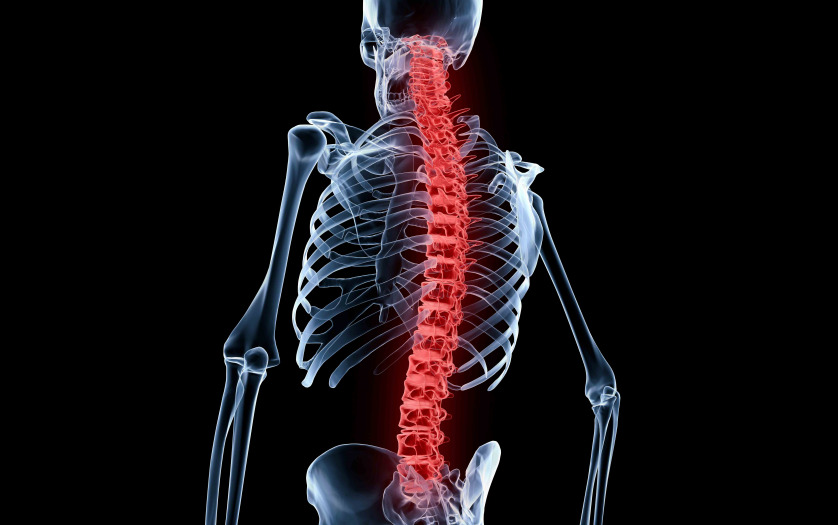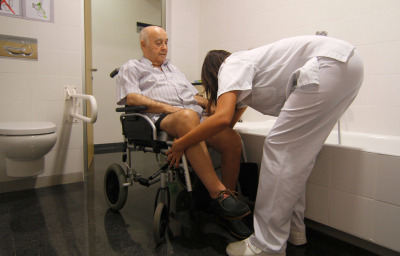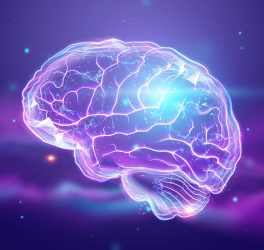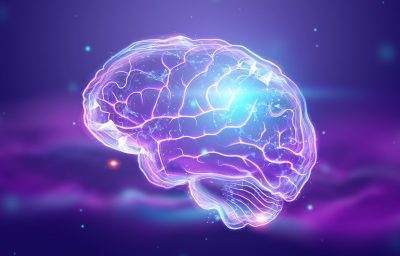
Kessler Foundation researchers have developed robust measures of neighborhood economic factors to study how social determinants influence health outcomes after spinal cord injury (SCI). The study reveals that individuals in disadvantaged neighborhoods face higher risks of poor health, emphasizing the need for public policy to address environmental inequities.
Research scientists developed and validated two composite measures – neighborhood socioeconomic status and socioeconomic disadvantage – using data from the U.S. Census Bureau’s American Community Survey and the national Spinal Cord Injury Model Systems database, respectively.
The article, “Development of Composite Measures of Neighborhood Economic Factors for Use in Spinal Cord Injury Outcomes Studies: A Spinal Cord Injury Model Systems Database Study” (doi.org/10.1016/j.apmr.2024.06.018), was published in the November 2024 issue of the Archives of Physical Medicine and Rehabilitation. Foundation authors Amanda L. Botticello, PhD, MPH; Lauren Murphy, PhD; and Anthony Lequerica, PhD; collaborated on the article with colleagues from partnering institutions.
“These measures are an advancement for studying social determinants of health in SCI research. They provide critical tools that other researchers can use so that including indicators of neighborhood environmental factors can become standard in future rehabilitation outcomes studies,” said lead author and principal investigator Dr. Amanda Botticello. She is associate director at the Foundation’s Center for Outcomes and Assessment Research. “Our findings highlight the importance of understanding how the environment influences health, community integration, and the development of disparities in these outcomes over time. This research can guide targeted interventions to improve quality of life for those living with SCI.”








